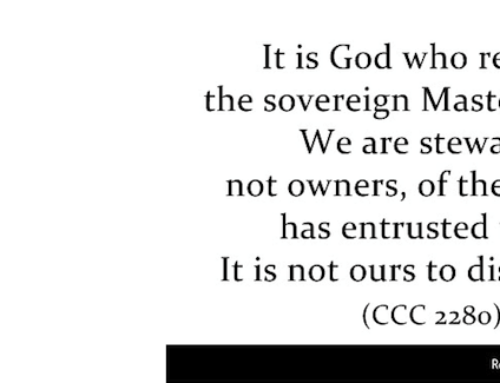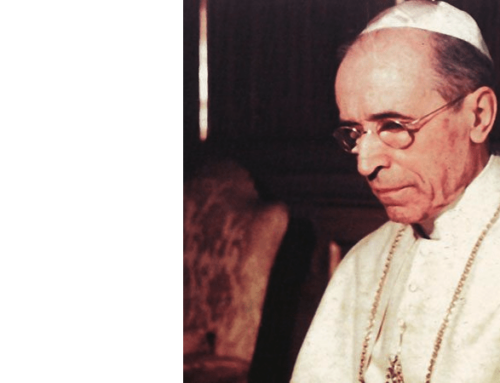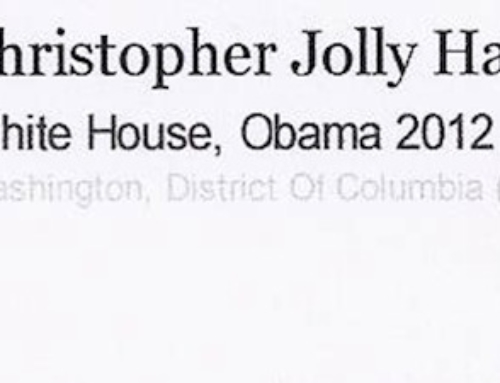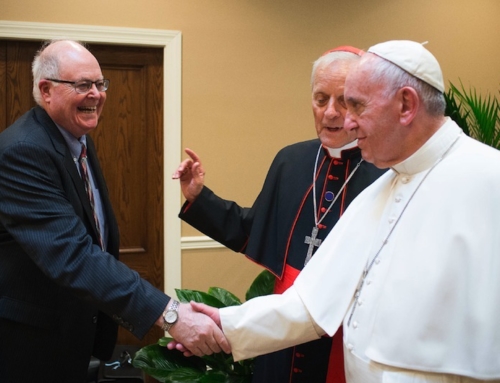By Bill Donohue
This article was originally published at Newsmax.com on April 17, 2013.
There is a great deal of confusion these days over the meaning of equality and equity. Equality means sameness, or an identical status; equity means fairness, or justice. It is only fair that students be given the grade they deserve; to give them all the same grade is to counsel injustice.
It is only fair that all those in police custody are treated equally before the law; to treat some differently is to counsel injustice. Hence, equity is sometimes achieved by instituting equality, and at other times by invoking inequality.
There is much talk these days about “marriage equality.” It is shorthand for allowing homosexuals to marry. But there are problems with this position, one of which touches on fairness. In other words, it is not axiomatic that marriage equality means marriage equity.
There is no limiting principle to marriage equality. If all those who seek to marry are to be treated equally, i.e., equal to a man and a woman who seek to marry, then on what basis can we deny two women from seeking to marry one man? On what basis can we deny a father from marrying his daughter? These are not hypothetical.
We have no shortage of Americans pushing for polygamy. While incest is still a taboo, there are cases like Patricia and Alan Muth, brother and sister, who have sought to get married.
Then there is the case of David Epstein, a Columbia University professor of political science; three years ago he sought to justify having sex with his 24-year-old daughter. Indeed, his lawyer said to the court, “It’s OK for homosexuals to do whatever they want in their own home. How is this so different?”
Without a limiting principle, there is no logical way to deny marriage to anyone. This is the problem with marriage equality. Marriage equity, however, invokes the principle of justice, its limiting principle being procreation. Historically speaking, up until yesterday it was considered just to limit marriage to the only two persons capable of creating a family, namely one man and woman.
Moreover, we know from countless studies that children do best when reared in intact families — it is the veritable gold standard. This begs the question: why would any society want to confer equal status on sexual relationships other than those that are heterosexual, monogamous, and united in the institution of marriage?
If something is special, it must be treated special in society, and in the law. If it is not special, then we can adopt a random system, treating all competitors as equals. But history has shown that the most equitable marital relationships for society — the ones that most fairly serve the public interest — are heterosexual monogamous unions.
It is argued that if marriage is tied to procreation, that would disqualify sterile men and women. Not at all. They possess the attributes that make them ready substitutes to assume parental responsibilities in the event their kin suffer divorce or death. Those attributes are tied to the respective sexes: for different psychological and social reasons, boys and girls need moms and dads; two adults of the same sex are not adequate substitutes.
In short, marriage, defined equitably, should rest on exclusivity: it should be reserved exclusively for one man and one woman. That is what nature has ordained, and it is what nature’s God intended.
Dr. William Donohue is the president of and CEO of the Catholic League for Religious and Civil Rights, the nation’s largest Catholic civil rights organization. The publisher of the Catholic League journal, Catalyst, Bill is a former Bradley Resident Scholar at the Heritage Foundation and served for two decades on the board of directors of the National Association of Scholars. The author of five books, two on the ACLU, and the winner of several teaching awards and many awards from the Catholic community, Donohue has appeared on thousands of television and radio shows speaking on civil liberties and social issues.






